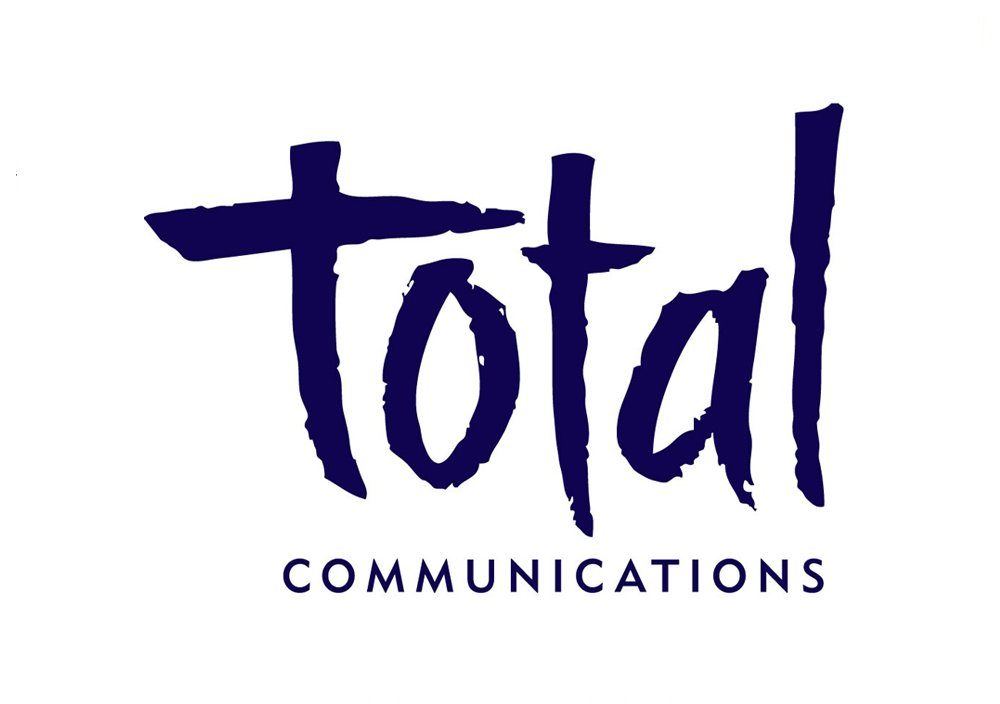If your brand plans to seek external PR guidance at the start of 2024, either for the first time, or because you need a change, be careful.
Start with an honest assessment of where you are as a business, your strengths and weaknesses, and what you want your brand to become.
Develop a realistic vision of what you expect from PR, and how much you can afford to invest.
Brief your potential new PR partner accordingly, and use their incoming proposal as the starting point in the process to decide whether you move ahead.
You should be convinced that they demonstrate full awareness of the multiple communications channels available, and how to use them, in order to take your brand awareness to a new level.
If you’re satisfied, you’ll then need to ask a number of important questions before signing a contract. Here are eight to begin with:
What case studies can you provide to show how you’ve helped brands like us previously?
Who would be handling this account on a daily basis, and what is their relevant experience?
How can you provide added value beyond the main deliverables in your proposal?
What guarantees do we have that you can deliver results that will make a difference?
What can you offer in terms of market intelligence that will be valuable to us?
How will you be able to use your connections within our markets to help us?
How do you work with the target media where we need to be seen?
Do you use one of the leading newswire or distribution services to deliver client news to editors and other journalists?
If the answer to that last question is yes, be wary.
It basically means that they are handing over a vital part of PR to a third party.
In the process, abandoning the vital practice of media relations - getting to know influential journalists whose work impacts your target audience, and winning their trust.
Like having someone else, on your behalf, email the person you'd like to meet, inviting them to join you for a coffee.

